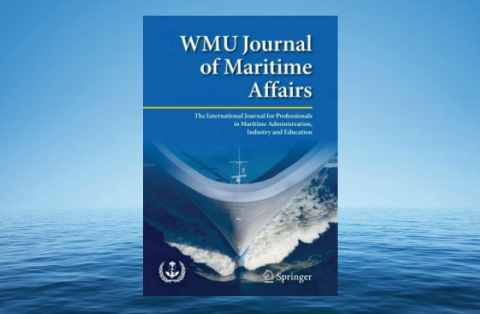Call for papers – Addressing corruption is timely and urgent. According to the World Bank, “businesses and individuals pay an estimated $1.5 trillion in bribes each year. This is about 2% of global GDP—and 10 times the value of overseas development assistance.” Researchers, officials from government and intergovernmental organisations, and non-governmental organisations are now called upon to contribute their research perspectives to the Special Issue.
The United Nations Convention against Corruption, which entered into force on 14 December 2005, imposes legal obligations for preventing and fighting corruption. Furthermore, the Convention seeks to promote integrity, accountability and proper management of public affairs and public property. The Convention has 185 Parties. On the occasion of the 15th anniversary of adoption of the Convention, the United Nations Secretary-General, Mr António Guterres, stated that “corruption affects developed and developing countries alike, and complicity knows no borders.” He appealed for all to do more to fight this scourge.
“To substantially reduce corruption and bribery in all their forms” is one of the targets of Sustainable Development Goal 16, which calls for promoting just, peaceful and inclusive societies. Recognizing the importance of the fight against corruption, the International Maritime Organization (IMO) and the World maritime University (WMU) have made important steps towards the achievement of UN SDG 16.
At the IMO’s 42nd meeting of its Facilitation Committee, held from 5-8 June 2018, discussion arose on the need to tackle corruption in the maritime sector. Recognising that corruption has detrimental effects on the efficiency and reputation of the maritime industry, it was decided to request the IMO Secretariat to provide its advice on the possible way forward to address this problem. The Committee also invited IMO member States and international organizations to submit documents to the 43rd session, to be held in 2019, with suggested actions to address this problem.
WMU is committed to the UN Sustainable Development Goals and has addressed the issue of corruption in the maritime industry through teaching, research and industry engagement. As a cross-sectoral issue, corruption has been addressed in a wide array of WMU publications, most recently in the context of Corporate Social Responsibility in the Maritime Industry.
Wide dissemination of the JoMA Call for Papers for the Special Issue is appreciated, and contributions are actively encouraged from within and outside academia. It is expected that this Special Issue will shed more light on the problem of corruption and what can be done by individuals, or in a more concerted approach, to mitigate it. The deadline for full paper submissions has been extended to 15 February 2019.


